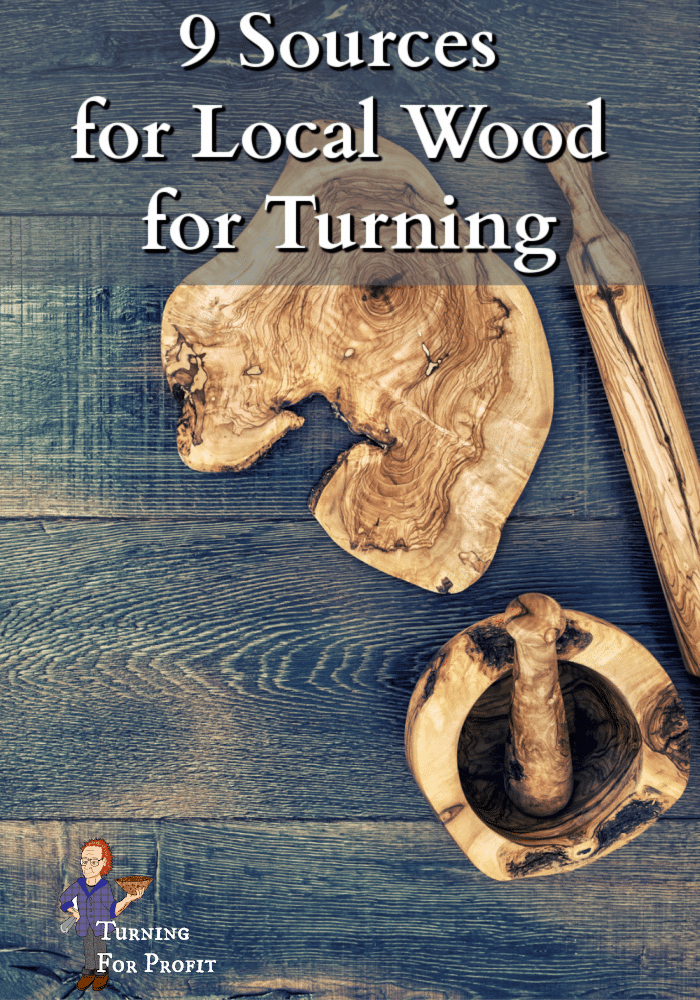
Local woods for turning – Part I.
Buying wood for wood turning is expensive. Local wood is often free if you can find it.
How many of you can relate to this? You purchase a new car and in your eyes it’s unique. It is just what you wanted and needed. It fits you perfectly. Then as you drive in your new car you keep spotting other cars that match yours. Before you bought your car there were none on the road, you are sure of it. What happened? The same thing happened to me with local wood. I grew up in a small city but raw wood wasn’t obvious. If we needed wood it was dimensioned lumber purchased at the store. When I first started turning I used 2×4 wood ripped on the table saw for practice. Where was I going to get larger wood for turning bigger spindles let alone bowls? Then I saw my own stack of firewood! That’s right, my own firewood. It was a good size but not in nice even dimensions. My eyes were opened; there was lots of wood around me. I just wasn’t aware of it before.
Local wood is wood that you find near your residence or your place of business. It usually comes in odd shapes and sizes, seasoned and unseasoned, bark off and bark on, with or without nails. Local wood has character that the uniform production of wood billets and blanks can’t emulate.
Here are 9 places you can look to find local wood.
1. Cleanup after a big wind storm.
– Large branches and sometimes rounds from the trunk
– Look for work crews on public property
– Downed trees in your neighbourhood
2. Wood waste at the local dump.
– Branches
– Wood from broken furniture
– Broken wooden pallets
– Cupboard doors and regular wood doors
3. Garden Stores and Centres that chip/shred garden waste
– Branches and wood too large to be chipped at the store
4. Local trails in wooded areas.
– Rounds from trees cut to clear the paths
5. Industrial areas.
– Discarded pallet wood
– Cut offs from furniture manufactures etc.
– Broken wooden fixtures thrown into dumpsters
6. Orchards
– Branches and rounds
7. On the back roads.
– Signs that say free firewood!
8. Old barns and demolition sites
– Planks and beams from old barns
– Doors and other wooden parts from buildings
9. Friends
– Ask friends to keep their eyes open as well
Open your eyes to see it and you will see free wood all over the place.
Common Courtesy
Do ask before you pick up wood lying on private or public property.
Do ask before you remove anything from the local dump. Some dumps have a one way policy, in only.
Don’t be greedy and try to take all of the wood.
Be prepared to clean up after yourself. Take away the little bits that you are not going to use but someone else would have to clean up anyway.
Be aware that green wood is heavy wood! Green wet wood can be very heavy and strain your back or the carrying capacity of your car.
Carry a folding pruning saw to cut up small diameter pieces, say 12” in length, or to trim off smaller branches.
Do not take wood when it is dangerous to you or other people. Watch out for downed power lines or trees that have fallen in precarious positions that might shift and pin you underneath.
Do ask before you remove wood from any park.
Make a small item from the wood and give it to the person who let you take the wood. This is a really nice idea and people will remember.
Local wood can also give you some surprises. In Grand Forks, BC, near me, they have imported some Linden trees in the local parks. After a heavy wind storm I was able to pick up of pieces from the clean-up crew and found out that another name for the tree is Basswood. Now I have some local wood that will be very light for turning Christmas tree ornaments and icicles.
Some shrubs can also grow large enough to provide turning material. Lilac can be quite large and turns to lovely colours. On the prairies Caragana was used to grow wind breaks. It has a lovely colour differential between heart wood and sap wood. While you are not likely to turn a 4″ bowl from the branches there are lots of other small turnings you can make.
Local wood includes pallet wood. Several people have suggesting getting the boxes that foreign motor bikes are transported in. The few places I’ve contacted no longer use pallets in their delivery but I can still dream. Lots of the other pallets in my area come from Ontario and are made out of Oak. This is a heavy wood and the pallets are easy to turn into blanks for small spindle turning.
Old barns and buildings are another source of wood. Pallets and barn wood have to be taken apart before use. The nail holes with the iron stain add character to the wood but you need to check the wood very carefully for nails and staples and those kinds of things.
Open your eyes and you will see turning opportunities all around you. I now live on 140 acres of turnable wood. The white birch I found was too far gone in its spalting. The turning was progressing nicely then fell apart on the lathe. However the black birch that came home is lovely for turning and carving. At one point I had to stop collecting and start turning. It’s a good place to be!
How about you? What treasures have you discovered locally?

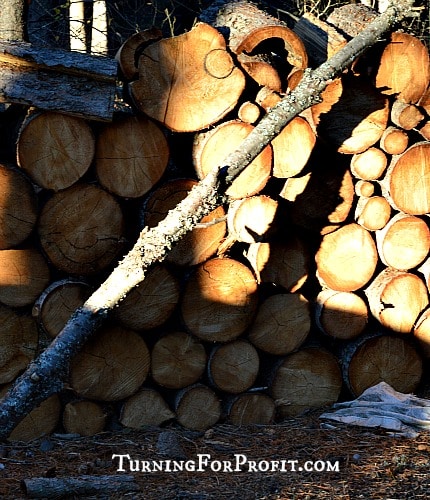

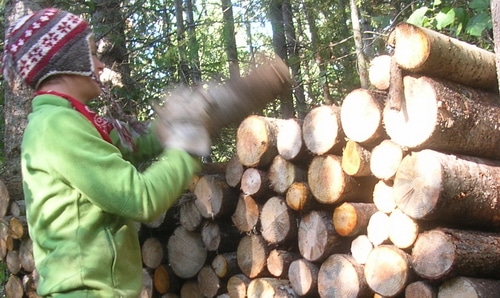
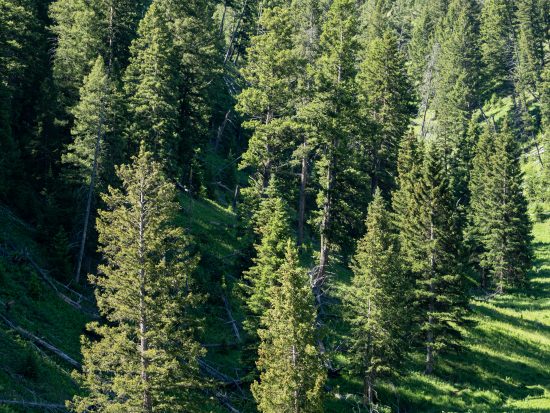
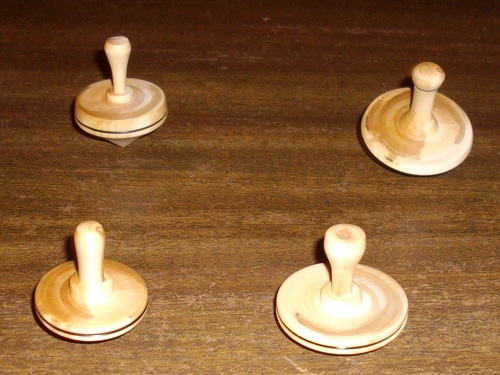
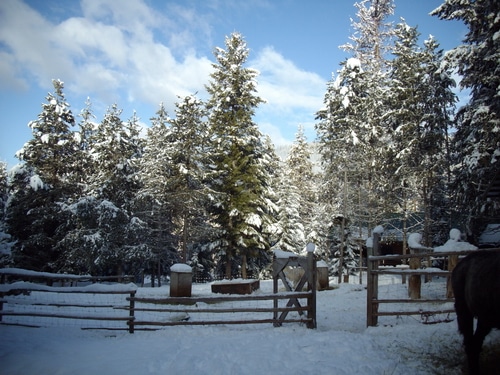
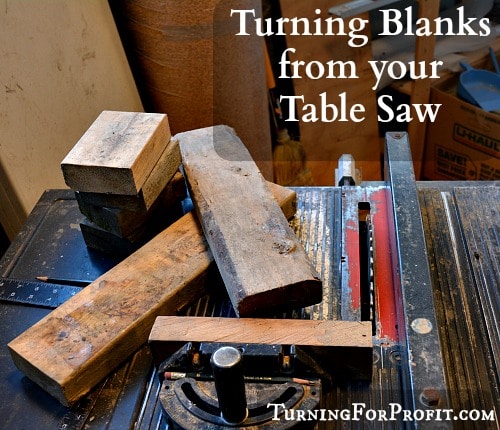
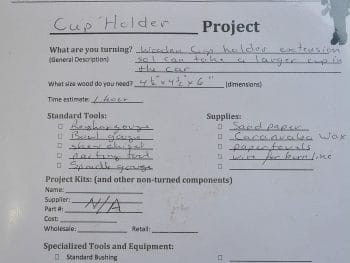

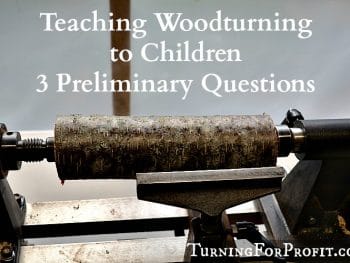
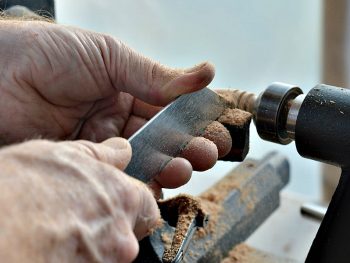
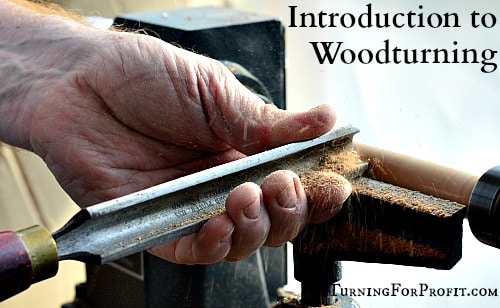
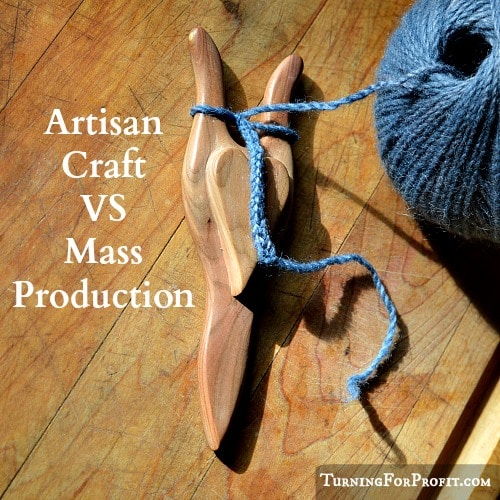
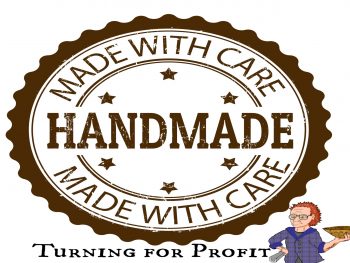
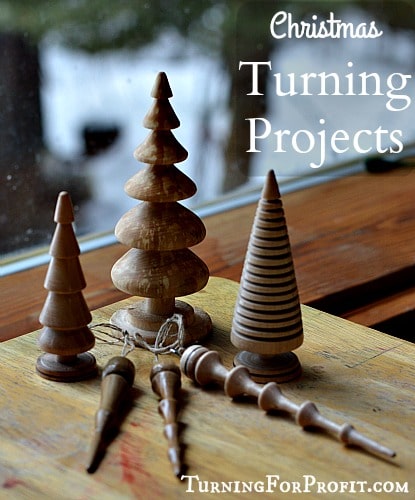
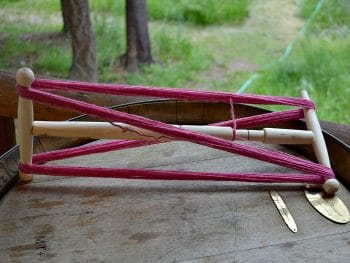
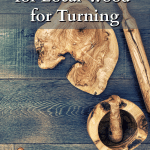
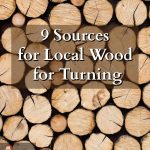
I have a small wood turning project and have been looking for someone with a lathe to help me out. I live in Delray Beach, Florida.
Enjoy your info
Thx
Bob
I have a crazy quirk where I have to know what type of wood I am turning. It could be the most beautiful piece in the world but if I don’t know what wood it is, it bugs me! Still…I ain’t going to turn down free wood from someone that says, “Eh, no idea what kind of tree that was.”;)